The WFD is one of the most ambitious, holistic pieces of EU environmental legislation ever to pass.
The new report by WWF, EEB, the European Anglers Alliance and European Rivers Network shows, where political will exists, the WFD provides an effective framework for addressing the main pressures facing rivers, lakes, wetlands, streams and groundwater.
This report published for the EU Water Conference on 20 and 21 September in Vienna where it will set the course for the future of European water protection as decision-makers come together to take stock of Member States’ progress in sustainable water management and implementing the EU’s water legislation, and discuss whether the existing EU legislation is still “fit for purpose”. It is a critical time in the current “fitness check” process for the Commission to gather views from Member States, their agencies and a variety of stakeholders.
Download the report
Brussels – 20 September 2018 , Media Release from WWF
“Bring life back to Europe’s rivers and lakes”, WWF urges Member States ahead of critical water conference in Vienna
As EU Member States, the European Commission and other stakeholders gather in Vienna today, WWF calls for their clear commitment to saving Europe’s rivers, lakes and wetlands, and for a full implementation of the EU Water Framework Directive (WFD), the most important legal instrument for protecting Europe’s freshwater bodies.
The EU Water Conference on 20 and 21 September will set the course for the future of European water protection as decision-makers come together to take stock of Member States’ progress in sustainable water management and implementing the EU’s water legislation, and discuss whether the existing EU legislation is still “fit for purpose”. It is a critical time in the current “fitness check” process for the Commission to gather views from Member States, their agencies and a variety of stakeholders.
For WWF, it is clear that the current EU water law is ambitious and effective, and are disheartened by Member States’ lack of political will to make it work on the ground. An amendment to the law as a result of the fitness check process would simply allow Member States to side-step their legal obligation to bring all European waters into good condition by 2027 at the latest and to protect them from deterioration.
“A weakening of the legislation would be a declaration of bankruptcy of European environmental policy,” said Martina Mlinaric, Senior Water Policy Officer at WWF’s European Policy Office said. “Having missed the original objective of bringing all European waters to good health by 2015, Member States are now feeling the pressure, but, instead of doubling their efforts, many governments are now desperately searching for an easy way out of their commitments and are using the fitness check process to achieve that.”
As part of its fitness check, the European Commission will soon launch a public consultation, asking both European citizens and experts to provide their own opinions and assessment of the EU water law. The results of this consultation will contribute directly to the European Commission’s assessment of the legislation.
“An objective and transparent evaluation involving the public is critical. We therefore urge all stakeholders and European citizens to stand up for our rivers and lakes and make their voices heard” said Andreas Baumüller, Head of Natural Resources at WWF’s European Policy Office. “As WWF, our message to Member States and the European Commission is simple: Bring life back to Europe’s rivers, lakes and wetlands – defend the EU water law!”
The WFD is one of the most ambitious, holistic pieces of EU environmental legislation ever to pass and, as a new report by WWF, EEB, the European Anglers Alliance and European Rivers Network shows [1], where political will exists, the WFD provides an effective framework for addressing the main pressures facing rivers, lakes, wetlands, streams and groundwater. Nevertheless, with only a measly 40% of EU waters currently healthy [2], it is clear that Member States need to seriously step up their game if they are ever to reach the final 2027 good status objective. So far, Member States’ ambition and efforts have been minimal at best, evident through their largely ineffective river basin management plans, programmes of measures, insufficient funding allocation, and excessive use (and misuse!) of the various types of exemptions provided within the law.
There have been meetings between Member States to discuss the future of the EU water law, all of which have taken place outside of the official process [3]. Some of these took place before the Commission’s official fitness check had even started, let alone concluded. This is despite the fact that, since the legislation came into effect, there has been an official, transparent process to support Member States with implementing this law, including NGOs and other stakeholders.
________________________
[1] Bringing life back to Europe’s waters: The EU water law in action, 2018, WWF, EEB, European Anglers Alliance and European Rivers Network (available to download here as of 20 September: http://www.wwf.eu/media_centre/publications/)
[2] European waters – assessment of status and pressures, 2018, EEA
[3] Whilst Member States are free to discuss what they want, these meetings deviate significantly from the established Common Implementation Strategy process, which was designed to involve all Member States, the Commission and relevant stakeholders (such as industry and environmental NGOs), and ultimately support Member States with implementing the Directive. As part of this process, all topics related to EU water legislation must be tackled by the Strategic Coordination Group, which is comprised of relevant stakeholders (including WWF), Member States and the Commission. However, Member States have been taking topics out of this group and discussing them in their own meetings. These meetings also undermine the official fitness check process that the Commission has only recently started, and will clearly establish whether the Directive has delivered or not (and, if not, why not).
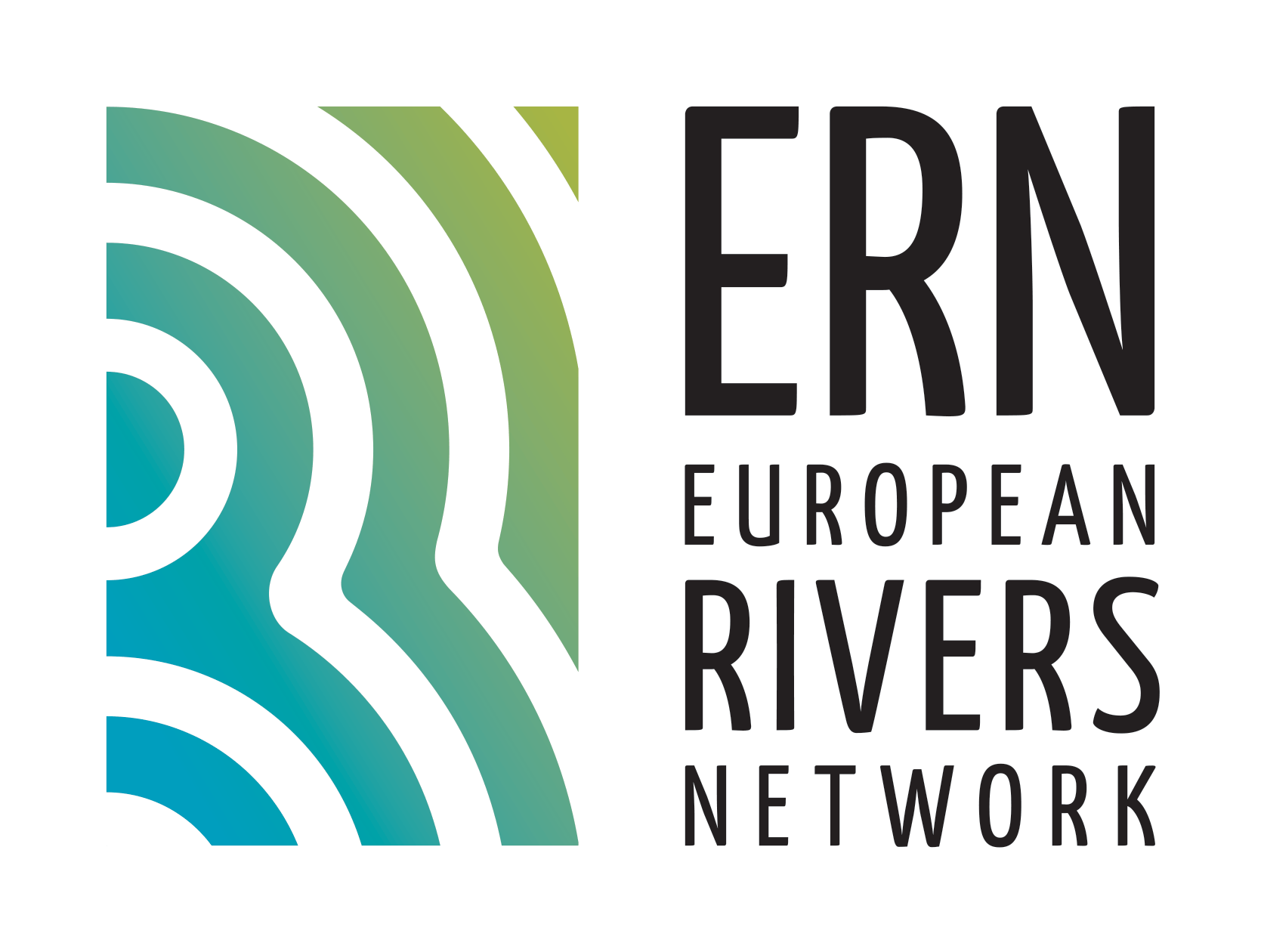
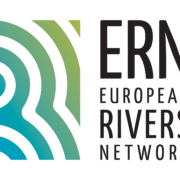
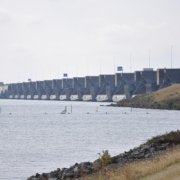
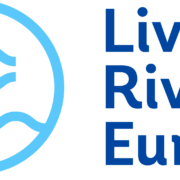

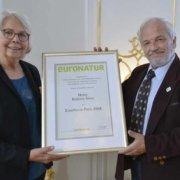

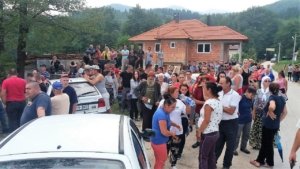
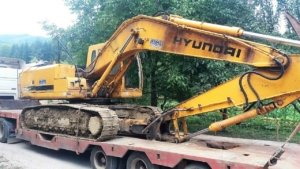

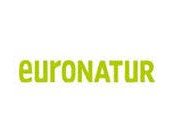
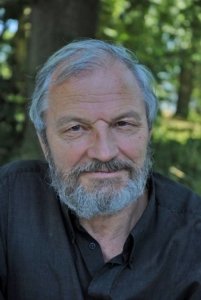
 ERN France
ERN France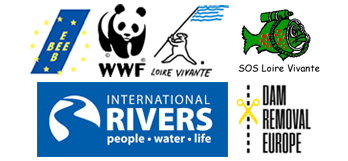 ERN is the official WWF Freshwater Partner in France and cooperates with WWF Switzerland, Austria, Netherlands and others
ERN is the official WWF Freshwater Partner in France and cooperates with WWF Switzerland, Austria, Netherlands and others